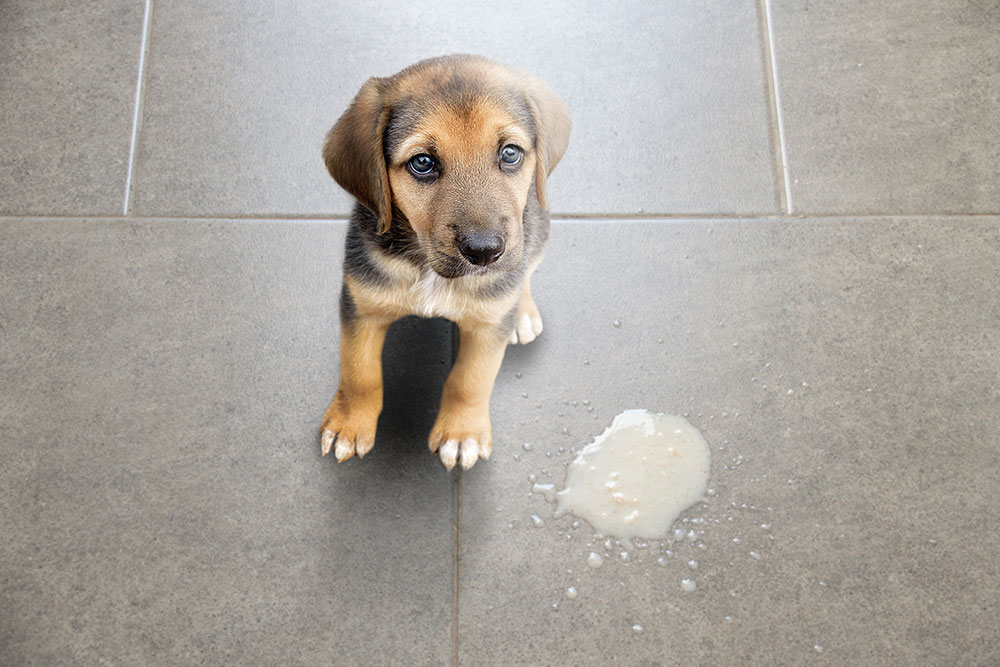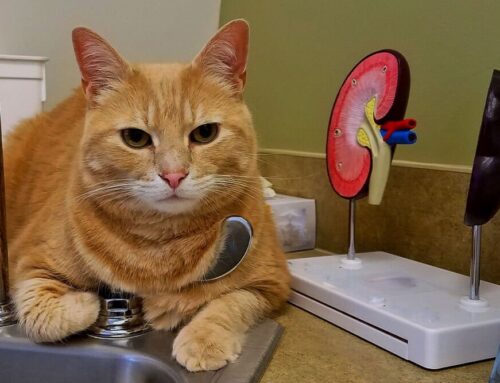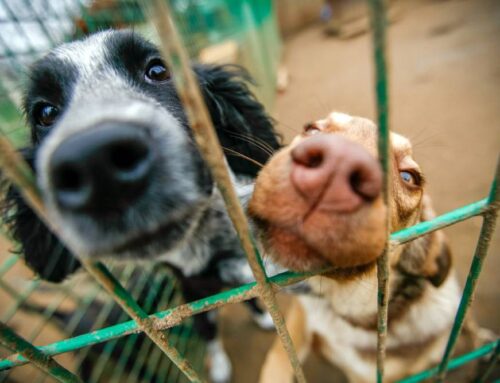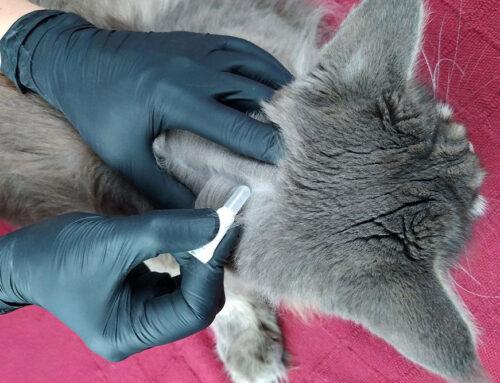Understanding the Importance of Poison Prevention for Pets
Every year, thousands of pets suffer from accidental poisoning due to household items, outdoor hazards, and even seemingly harmless foods. Pets are naturally curious, and without proper precautions, they can ingest or come into contact with toxic substances, leading to serious health consequences.
At Town & Country Animal Hospital in Athens, Alabama, we are committed to educating pet owners on the dangers of pet poisoning and how to prevent these emergencies.
Common Household Toxins That Are Dangerous for Pets
Many common household products can be toxic to dogs and cats. Being aware of these risks can help you pet-proof your home effectively.
Human Medications
- Acetaminophen (Tylenol) – Causes liver damage in dogs and is extremely toxic to cats.
- Ibuprofen (Advil, Motrin) – Can cause stomach ulcers and kidney failure.
- Antidepressants and ADHD medications – Lead to serious neurological effects, including seizures.
Cleaning Products
- Bleach, ammonia, and disinfectants can cause respiratory distress and chemical burns.
- Many essential oils used in diffusers (e.g., tea tree, peppermint) are highly toxic to cats.
Indoor and Outdoor Plants
Some plants can cause severe toxicity if ingested by pets. The most dangerous include:
- Lilies – Extremely toxic to cats and can cause fatal kidney failure.
- Sago Palms – Can lead to severe liver failure in dogs.
- Aloe Vera – Causes vomiting and diarrhea.
For a comprehensive list of toxic plants, visit the ASPCA Toxic and Non-Toxic Plants Database.
Outdoor Hazards for Pets in Athens, Alabama
Pesticides & Lawn Chemicals
- Insecticides, rodenticides, and weed killers can be harmful if ingested or absorbed through the paws.
- Many fertilizers contain ingredients that can cause gastrointestinal upset, drooling, and seizures.
Common Alabama Wildlife Toxins
- Bufo Toads (Cane Toads) – Secrete a toxin that can cause drooling, seizures, and cardiac failure.
- Venomous Snakes – Bites can result in severe swelling, tissue damage, and even death if untreated.
Using pet-safe lawn treatments and supervising outdoor activities can help prevent exposure.
Toxic Foods That Can Harm Pets
Many foods that are safe for humans can be deadly for pets.
Common Toxic Foods
- Chocolate & Caffeine – Contains theobromine, which is toxic to dogs and cats.
- Grapes & Raisins – Can cause sudden kidney failure in dogs.
- Cooked Bones – Can splinter and cause internal injuries.
- Xylitol (Artificial Sweetener) – Found in sugar-free gum and baked goods, it can cause fatal drops in blood sugar levels.
Learn more about food toxicity from the Pet Poison Helpline.
How to Prevent Pet Poisoning
Tips to Pet-Proof Your Home
– Store medications, cleaning supplies, and chemicals in locked cabinets.
– Use pet-safe pest control and fertilizers.
– Keep toxic foods and plants out of reach.
– Avoid using essential oil diffusers in areas where your pets spend time.
– Use lidded (and if needed, locked) trashcans
– Store bags, purses, backpacks, and lunchbags out of reach
What to Do If You Suspect Your Pet Has Been Poisoned
Recognizing the Signs of Poisoning
Common Symptoms of Pet Poisoning:
- Vomiting & Diarrhea
- Excessive Drooling
- Lethargy or Weakness
- Seizures or Tremors
- Difficulty Breathing
- Pale or Yellow Gums
Emergency Steps to Take
- Stay Calm & Remove the Pet from the Source – Quickly move your pet away from the toxin.
2. Do NOT Induce Vomiting Unless Instructed – Some substances can cause more harm if regurgitated.
3. Call a Veterinarian Immediately – Bring the suspected toxin with you if possible.
For emergencies, contact:
ASPCA Poison Control: 888-426-4435
Pet Poison Helpline: 855-764-7661
For local urgent care, visit our Emergency Services page.

FAQs: Pet Poisoning Prevention
How quickly do poisoning symptoms appear?
Symptoms can appear within minutes to hours, depending on the toxin. Immediate veterinary care is crucial.
Can I induce vomiting at home?
Only induce vomiting if instructed by a veterinarian. Some toxins, like household cleaners or sharp objects, can cause more damage if vomited.
Are there any over-the-counter treatments for pet poisoning?
No, always consult a veterinarian. Many home remedies can worsen the condition.
Take Action: Keep Your Pets Safe!
Tips for Pet Owners
– Know the emergency contact numbers for poison control.
– Check your home and yard regularly for potential toxins.
– Educate family members on pet poisoning risks.
– Schedule regular veterinary check-ups to catch health issues early.
By staying informed and proactive, you can help keep your pet safe from poisoning risks year-round. Town & Country Animal Hospital is here to support you and your pet’s well-being!







Leave A Comment